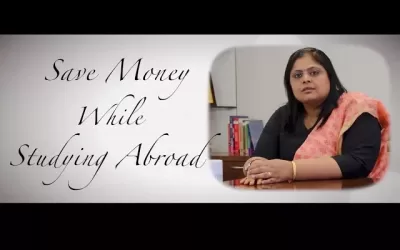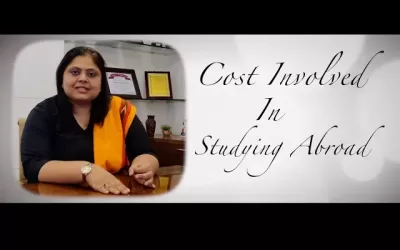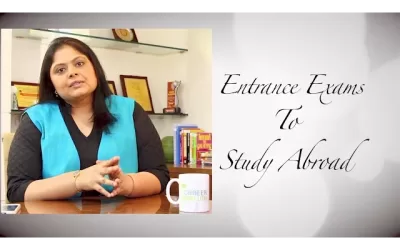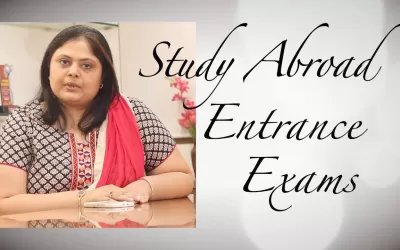Study Abroad in France
Related Blogs
Save Money While Studying Abroad
Save Money While Studying Abroad – Studying abroad Part-Time Job – Ms. Swati Salunkhe speaks about Changing Trends in Employment patterns. She speaks about…
Cost Involved in Studying Overseas
Cost Involved in Studying Overseas – Cost while Studying Overseas – Ms. Kunjal Sakhrani has spoken about the costs involved in studying overseas….
Staying Alone Abroad
Staying Alone Abroad – Tips to follow while staying alone abroad – Ms. Kunjal Sakhrani has talked about how a student can manage staying alone abroad for…
Study Abroad Documentation
Study Abroad Documentation – Easy Guide to Study Abroad Documentation – Ms. Kunjal Sakhrani talks about the importance of documents while doing applications…
Comprehensive Guide to Finding Part-Time Jobs While Studying Abroad
Part-Time Jobs While Studying Abroad – Studying overseas is an exciting opportunity that offers numerous opportunities. Finding part-time…
Building Dreams Overseas: A Guide to Studying Engineering Abroad
Taking the step to studying engineering abroad is akin to unlocking an infinite array of opportunities. More students these days are opting to broaden their scholarly horizons abroad.
Choose Right University for Studying Abroad
University for Studying Abroad – Ms. Kunjal Sakhrani has spoken about how to choose the right University abroad. She has mentioned about…
Competitive Entrance Exams to Study Abroad
Competitive Entrance Exams to Study Abroad – Entrance Exams like SAT, GRE, GMAT – In this episode, Ms. Kunjal Sakhrani has spoken about the various entrance…
Master English Proficiency: Beginner to TOEFL Pro Journey
From Beginner to TOEFL Pro: Your Journey to Mastering English Proficiency is a transformative expedition that showcases your commitment to…
Masters in Business Administration – MBA Abroad
Masters in Business Administration – MBA Abroad – MBA Degrees Abroad – In this episode, Ms. Kunjal Sakhrani has spoken about MBA abroad. MBA – Masters in…
IELTS Vs. TOEFL: Which Should You Take?
IELTS Vs. TOEFL: Which Should You Take? – Study Abroad Entrance Exams – Many students are always curious to know the entrance exams…
Selecting Right Country for Studying Abroad
Selecting Right Country for Studying Abroad – Choosing The Right Study Abroad Country – Many abroad universities offer various courses and opportunities.













